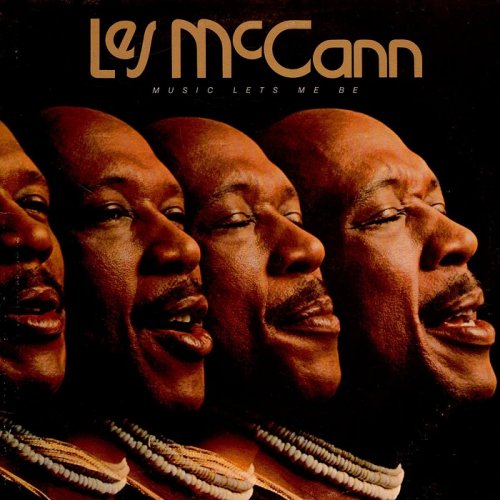Gavin Bryars - A Portrait (2003)
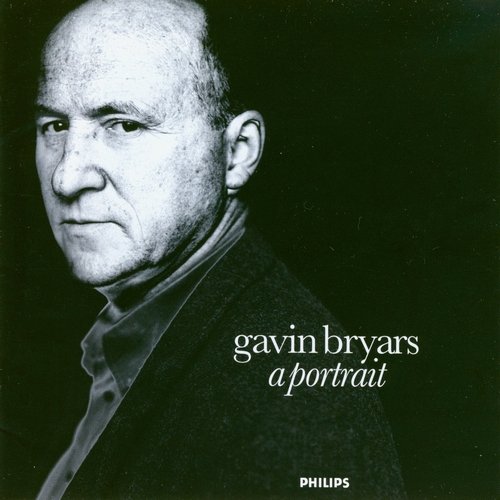
Artist: VA
Title: Gavin Bryars - A Portrait
Year Of Release: 2003
Label: Decca / Philips
Genre: Modern Classical
Quality: FLAC (image+.cue,log,scans)
Total Time: 02:30:09
Total Size: 773 Mb
WebSite: Album Preview
Tracklist: Title: Gavin Bryars - A Portrait
Year Of Release: 2003
Label: Decca / Philips
Genre: Modern Classical
Quality: FLAC (image+.cue,log,scans)
Total Time: 02:30:09
Total Size: 773 Mb
WebSite: Album Preview
CD 1:
01.Cello Concerto (Farewell to Philosophy) - 1
02.Cello Concerto (Farewell to Philosophy) - 2: Piu mosso
03.Cello Concerto (Farewell to Philosophy) - 3
04.Cello Concerto (Farewell to Philosophy) - 4
05.Cello Concerto (Farewell to Philosophy) - 5: ("The Philosopher")
06.Cello Concerto (Farewell to Philosophy) - 6: Poco meno mosso
07.Cello Concerto (Farewell to Philosophy) - 7: ("Farewell") a tempo
08.Nexus / One Last Bar, Then Joe Can Sing - 1: Lento
09.Nexus / One Last Bar, Then Joe Can Sing - 2: Piu mosso
10.Nexus / One Last Bar, Then Joe Can Sing - 3: Coda
11.Les Fiancailles
12.Tom Waits / Jesus' Blood Never Failed Me Yet - Single
CD 2:
01.The Green Ray
02.Adnan Songbook 1
03.Adnan Songbook 2
04.Adnan Songbook 3
05.Adnan Songbook 4
06.Adnan Songbook 5
07.Adnan Songbook 6
08.Adnan Songbook 7
09.Adnan Songbook 8
10.The SInking of the Titanic
11.The North Shore
12.Jesus' Blood Never Failed Me Yet - Single remix
Play a random three-minute sequence from any one of these CDs and the composer’s identity immediately establishes itself. Gavin Bryars at 60 is the same mellow, reflective and quietly innovative composer who years ago unfolded his own heart-rending revision of Jesus’ blood never failed me yet. Philips’s ‘Portrait’ includes both a ‘single’ and a ‘single re-mix’ condensation of the same piece, the first opening with the singing of that by-now legendary homeless senior citizen, so affecting in his vocal frailty. Both versions add the grainy voice of Tom Waits (which wasn’t on the original version) and yet neither can match the cumulatively powerful impact of the expansive full work. To be honest, Jesus’ blood isn’t really ‘single’ material. It needs time to make its point, and time is the very quality that other music on these discs thrives on; the exception is another ‘single’, the ‘Titanic Lament’, a revision of music from The Sinking of the Titanic (1969, recorded 1994). It’s aurally striking though less imposing than the parent work.
CBC offers the most recent pieces, the majority hovering around the quarter-of-an-hour mark and all involving dedicated Canadian performers from Bryars’ self-acknowledged second home. We’re initially offered three sensitively scored songs for Holly Cole, the first opening Rheingold-style (there’s also a quote from ‘I’ll be with you in Apple-Blossom Time’) and featuring Bryars’s own instrument, the double bass. Bryars is the soloist in By the Vaar, composed in 1987 for the jazz bass player Charlie Haden, pizzicato for the duration and with the bass balanced fairly close to the mikes. Here, Bryars’s haunting but somewhat somnolent style melds with elements of jazz.
The Porazzi Fragment for strings toys with Wagner’s last musical thoughts, quoting them much as Richard Strauss had done with Beethoven’s Eroica towards the end of his similarly string-based Metamorphosen. The Violin Concerto, like the Cello Concerto included on the Philips package, is predominantly lyrical and has the soloist weave an almost continuous line. Quotes from Vivaldi’s Four Seasons allude to the Primavera Chamber Orchestra, for whom the work was composed, and the subtitle, The Bulls of Bashan, to an ancient piece of musical reportage (check out the booklet for the full facts).
Bryars is a great one for punning, and a good many of his titles prove the point. As to his music, time and again you notice the same stylistic fingerprints: the slow tempi, Parsifal-like string arpeggios (the sort Wagner used in his operatic Prelude), rumbling low percussion (more often than not with tam-tam), chromatic harmonic twists and a musical climate where daylight invariably gives way to dusk. The sun rarely shines in the music of Bryars.
The Philips Collection opens with the Cello Concerto that Bryars composed for Julian Lloyd Webber, named Farewell to Philosophy in verbal tribute to two popular Haydn symphonies: Lloyd Webber had wanted something that he could programme alongside the Haydn cello concertos. Again, low percussion is a prominent feature (aided by the harp), and there’s imaginative use of woodwind.
The ‘one last bar’ of the all-percussion One Last Bar, Then Joe Can Sing harks back to the closing bar from the first part of Bryars’s opera Medea, a prompt for a highly tactile, melancholy variety of near-minimalism, the second section all tuned percussion, hissing cymbals and teeth-filing harmonics (beware your fillings). Les Fiancailles was written for performance in Vienna. It opens to a sequence of repeated piano chords with strings sailing above and around them. There’s a veiled suggestion of Verklärte Nacht somewhere in the mix, whereas the evocative centre of The Green Ray (a momentary shaft of maritime light) is reminiscent of Rautavaara in ‘angel’ mode. Here, saxophonist John Harle is on marvellous form.
I particularly enjoyed the eloquent songs on texts by Etel Adnan, sensually sung by Valdine Anderson, the sixth and eight of them graced by memorably poetic instrumental postludes. The North Shore suggests vast unpeopled spaces, rather as Arvo Pärt does in his Tabula Rasa.
Like everything else on the set, this is music as a mood-setter, skilfully written, but, as Bryars himself has suggested, neither more nor less than ‘another way of making music…touching the lives and feelings of ordinary people’ – meaning non-specialists and non-academics, people who crave a musical backdrop for their deeper musings, but don’t necessarily want to get involved in a gritty confrontation with musical ‘argument’. That, I think, hints at a common misconception, not only about Bryars but about Adams, Riley, some Reich, some Turnage, Volans, and many others like them: the idea that uncomplicated new music must somehow be lacking in profundity. Can’t it also be true that music such as this can act as a sympathetic midwife for the rebirth of one’s deeper, more meditative self? That’s certainly how I hear it.
CBC offers the most recent pieces, the majority hovering around the quarter-of-an-hour mark and all involving dedicated Canadian performers from Bryars’ self-acknowledged second home. We’re initially offered three sensitively scored songs for Holly Cole, the first opening Rheingold-style (there’s also a quote from ‘I’ll be with you in Apple-Blossom Time’) and featuring Bryars’s own instrument, the double bass. Bryars is the soloist in By the Vaar, composed in 1987 for the jazz bass player Charlie Haden, pizzicato for the duration and with the bass balanced fairly close to the mikes. Here, Bryars’s haunting but somewhat somnolent style melds with elements of jazz.
The Porazzi Fragment for strings toys with Wagner’s last musical thoughts, quoting them much as Richard Strauss had done with Beethoven’s Eroica towards the end of his similarly string-based Metamorphosen. The Violin Concerto, like the Cello Concerto included on the Philips package, is predominantly lyrical and has the soloist weave an almost continuous line. Quotes from Vivaldi’s Four Seasons allude to the Primavera Chamber Orchestra, for whom the work was composed, and the subtitle, The Bulls of Bashan, to an ancient piece of musical reportage (check out the booklet for the full facts).
Bryars is a great one for punning, and a good many of his titles prove the point. As to his music, time and again you notice the same stylistic fingerprints: the slow tempi, Parsifal-like string arpeggios (the sort Wagner used in his operatic Prelude), rumbling low percussion (more often than not with tam-tam), chromatic harmonic twists and a musical climate where daylight invariably gives way to dusk. The sun rarely shines in the music of Bryars.
The Philips Collection opens with the Cello Concerto that Bryars composed for Julian Lloyd Webber, named Farewell to Philosophy in verbal tribute to two popular Haydn symphonies: Lloyd Webber had wanted something that he could programme alongside the Haydn cello concertos. Again, low percussion is a prominent feature (aided by the harp), and there’s imaginative use of woodwind.
The ‘one last bar’ of the all-percussion One Last Bar, Then Joe Can Sing harks back to the closing bar from the first part of Bryars’s opera Medea, a prompt for a highly tactile, melancholy variety of near-minimalism, the second section all tuned percussion, hissing cymbals and teeth-filing harmonics (beware your fillings). Les Fiancailles was written for performance in Vienna. It opens to a sequence of repeated piano chords with strings sailing above and around them. There’s a veiled suggestion of Verklärte Nacht somewhere in the mix, whereas the evocative centre of The Green Ray (a momentary shaft of maritime light) is reminiscent of Rautavaara in ‘angel’ mode. Here, saxophonist John Harle is on marvellous form.
I particularly enjoyed the eloquent songs on texts by Etel Adnan, sensually sung by Valdine Anderson, the sixth and eight of them graced by memorably poetic instrumental postludes. The North Shore suggests vast unpeopled spaces, rather as Arvo Pärt does in his Tabula Rasa.
Like everything else on the set, this is music as a mood-setter, skilfully written, but, as Bryars himself has suggested, neither more nor less than ‘another way of making music…touching the lives and feelings of ordinary people’ – meaning non-specialists and non-academics, people who crave a musical backdrop for their deeper musings, but don’t necessarily want to get involved in a gritty confrontation with musical ‘argument’. That, I think, hints at a common misconception, not only about Bryars but about Adams, Riley, some Reich, some Turnage, Volans, and many others like them: the idea that uncomplicated new music must somehow be lacking in profundity. Can’t it also be true that music such as this can act as a sympathetic midwife for the rebirth of one’s deeper, more meditative self? That’s certainly how I hear it.
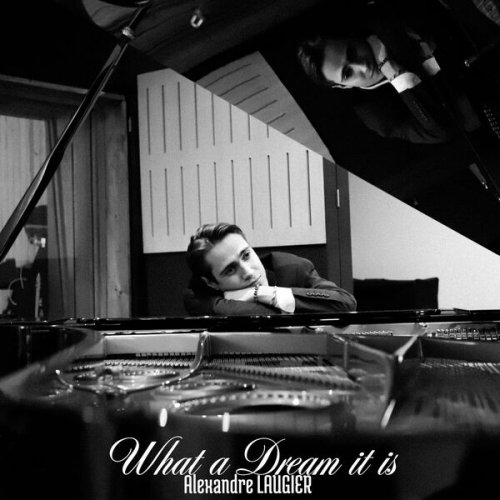
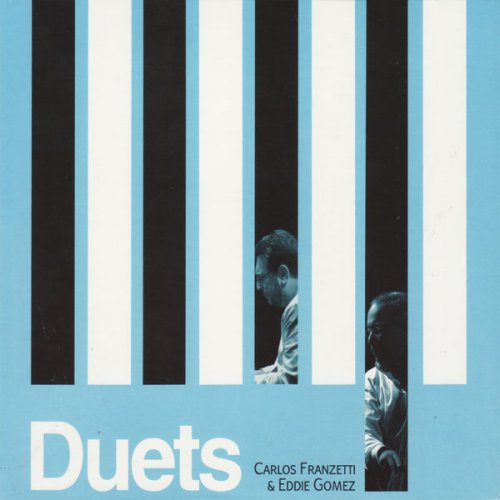
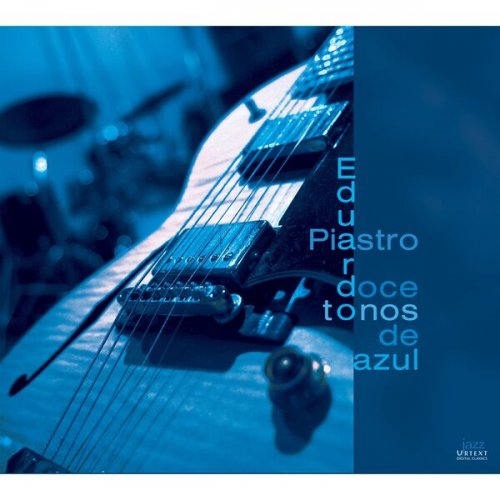

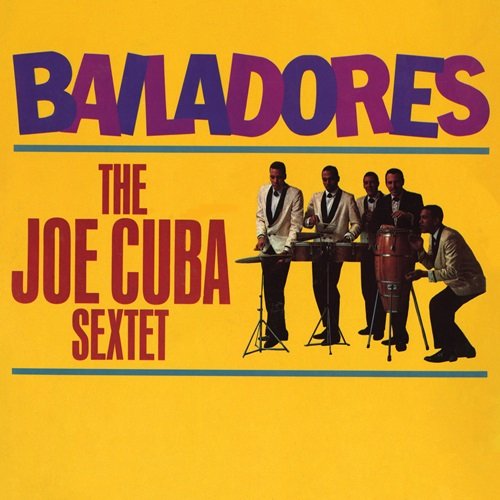

![The Bassface Swing Trio - Bossa, Ballads and Blues (2021) [DSD] The Bassface Swing Trio - Bossa, Ballads and Blues (2021) [DSD]](https://www.dibpic.com/uploads/posts/2026-01/1769359431_folder.jpg)

